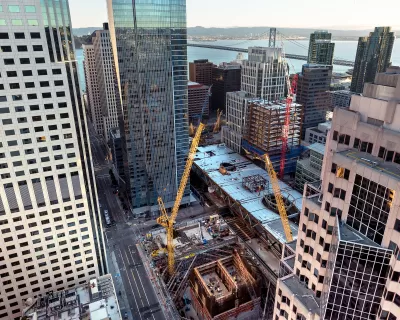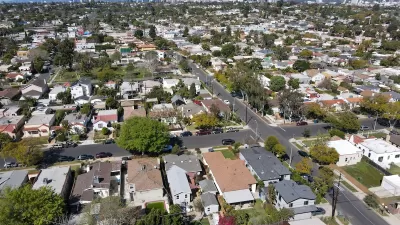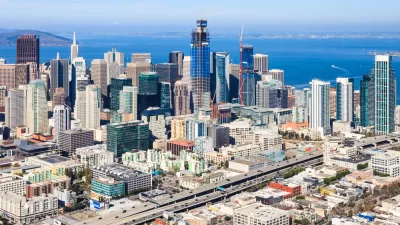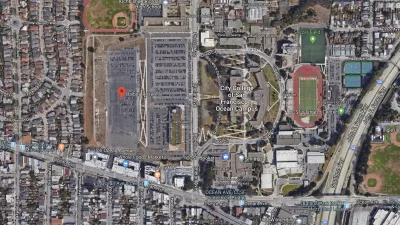Critics of inclusionary zoning frequently point to San Francisco as an example of what not to do. A sluggish year of development has some local politicians ready to reconsider the city’s program.

J.K. Dineen reports in a paywalled article for the San Francisco Chronicle that San Francisco Mayor London Breed is pushing to reconvene a “technical advisory committee” that meets periodically to revisit the city’s inclusionary zoning program. “The eight-person committee, which includes four mayoral and four Board of Supervisors appointees, has not met since February 2018,” according to Dineen.
The premise both of the article and the announcement by Breed’s office is that development in San Francisco is far too slow to provide the housing needed in the city. “So far this year San Francisco has had 1,161 units completed, putting the city on pace to see fewer than 3,000 new homes. Compare that to 2021 when 4,649 units came online. Meanwhile, there are 4,100 units under construction, compared to the high of 10,000 units that were being built in 2016 or 2017,” writes Dineen.
San Francisco’s approach to inclusionary zoning has long been a source of debate about the unintended (or intended) consequences of well-intentioned approaches to support affordable housing construction by requiring developers to include affordable housing in every new residential development. Some critics of the approach say that the requirements make many projects economic infeasible, defeating the purported purpose of the policy and point to San Francisco of a prime example of inclusionary zoning gone too far.
A co-sponsor of the most recent version of the city’s inclusionary zoning policy, Supervisor Aaron Peskin, is quoted in the article saying “it’s definitely time to reconvene” the technical assistance panel.

Manufactured Crisis: Losing the Nation’s Largest Source of Unsubsidized Affordable Housing
Manufactured housing communities have long been an affordable housing option for millions of people living in the U.S., but that affordability is disappearing rapidly. How did we get here?

Americans May Be Stuck — But Why?
Americans are moving a lot less than they once did, and that is a problem. While Yoni Applebaum, in his highly-publicized article Stuck, gets the reasons badly wrong, it's still important to ask: why are we moving so much less than before?

Research Shows More Roads = More Driving
A national study shows, once again, that increasing road supply induces additional vehicle travel, particularly over the long run.

Which US Rail Agencies Are Buying Zero-Emissions Trains?
U.S. rail agencies are slowly making the shift to zero-emissions trains, which can travel longer distances without refueling and reduce air pollution.

San Diego School District Approves Affordable Housing Plan
The district plans to build workforce housing for 10 percent of its employees in the next decade and explore other ways to contribute to housing development.

Lawsuit Aims to Stop NYC’s ‘City of Yes’ Zoning Reforms
A lawsuit brought by local lawmakers and community groups claims the plan failed to conduct a comprehensive environmental review.
Urban Design for Planners 1: Software Tools
This six-course series explores essential urban design concepts using open source software and equips planners with the tools they need to participate fully in the urban design process.
Planning for Universal Design
Learn the tools for implementing Universal Design in planning regulations.
City of Moreno Valley
Institute for Housing and Urban Development Studies (IHS)
City of Grandview
Harvard GSD Executive Education
NYU Wagner Graduate School of Public Service
City of Cambridge, Maryland
Newport County Development Council: Connect Greater Newport





























